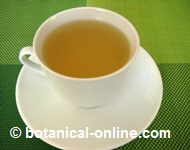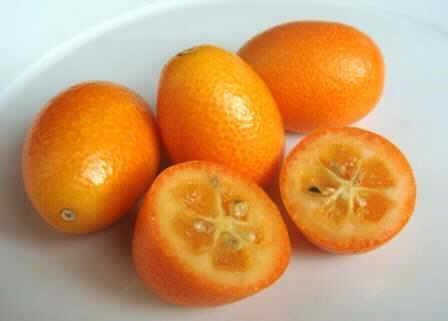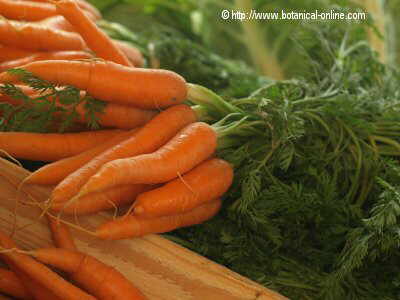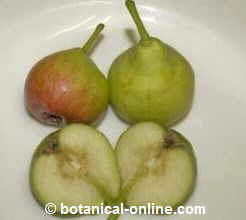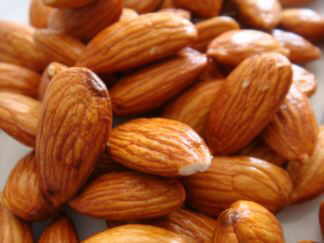Contents
Bok choy medicinal properties
CHINESE CABBAGE PROPERTIES
Why is Chinese cabbage so good for health?
Chinese cabbage or bok choy (Brassica rapa var. pekinensis) is a widespread species of cabbage in Asian countries for its use as a vegetable, especially in fermented products like sauerkraut or pickles.
Also called napa cabbage or simply napa, Chinese Leaf, (English) or pe-tsai, wombok
Nutritionally noted for its content of omega-3, beta-carotene, vitamin C, and sulfur compounds with antioxidant properties.
Benefits of china bok choy or Chinese cabbage
Chinese cabbage can be very suitable to prevent or treat the following diseases:
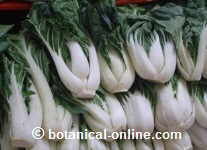
Picture of Chinese cabbage bok choy in a market.
- Cancer: Chinese cabbage is rich in sulfur compounds with anticancer properties, called glucosinolates (glucobrassicanapin, 4metoxyglucobrassicin, gluconapin and glucobrassicin).
Glucosinolates are precursors to indole3carbinol, a substance that protects against lung cancer and colon cancer. Indoles are involved in the regulation of estrogens and help prevent breast cancer.
- Heart Disease: Bok choy contains different substances that improve heart problems, and its composition should be present in all heart healthy diet.
It is low in fat, but it provides certain amounts of omega 3, which helps reduce cholesterol and improves circulation.
For its high content of folic acid and pyridoxine, it reduces high blood homocysteine levels, which are related to thrombus formation and increase the risk of strokes.
Some studies indicate the presence of gammaaminobutyrate (GABA), an anxiolytic and able to reduce hypertension amino acid.
- Health Vision: Chinese cabbage is rich in betacarotene or provitamin A. Carotenoids in the body are converted into vitamin A, which has a protective function of the capillaries of vision and prevent eye problems like night blindness and cataract formation.
- Intestinal Inflammation: Given its high content of vitamin C and betacarotene, it can repair muscle tissue. Chinese cabbage helps treat some diseases of the digestive system.
Prevents intestinal infections that may occur, such as diverticulosis or diverticulitis. Its antiinflammatory properties make it suitable for intestinal diseases.
- Diabetes: It is rich in fiber, antioxidants and contains virtually no carbohydrates or fats. Fiber reduces the glycemic index of meals, so Chinese cabbage can be used to accompany rice, vegetables or tubers, and improve digestion of their sugars.
People with diabetes can benefit from the properties of carotenoids for the eyes to prevent possible complications of the disease.
- Diuretic: Chinese cabbage helps remove fluids and waste from the body, making it effective in the treatment of uric acid, arthritis, rheumatism and water retention.
For these applications, it can be combined with other plants that help this function, such as onions, celery and lemon. (Eating these foods (soups, boiled, etc..) or make a decoction of half an hour with the foods mentioned above and take the resulting broth several times a day).
- Slimming: Chinese cabbage help you lose weight healthily. Being a low fat food and a source of antioxidants, it people with obesity. Antioxidants reduce the free radicals formed in the body for the weight loss products fat burning.
Nutritional information of Chinese cabbage
NUTRITIONAL COMPOSITION OF CHINESE CABBAGE PER 100 g. | |
| Calories (Kcal.) | 16 |
| Fats (g.) | 0,2 |
| Omega 6 (mg.) | 15,5 |
| Omega 3 (mg.) | 51,7 |
| Carbohydrates (g.) | 3,2 |
| Proteins (g.) | 1,2 |
| Fiber (g.) | 3,1 |
| Potassium (mg.) | 238 |
| Sodium (mg.) | 9 |
| Vitamin C (mg.) | 27 |
| Vitamin A (UI) | 1.200 |
| Pyridoxine (mg.) | 0,23 |
| Folic acid (mg.) | 79 |
![]() More information on Chinese cabbage
More information on Chinese cabbage

